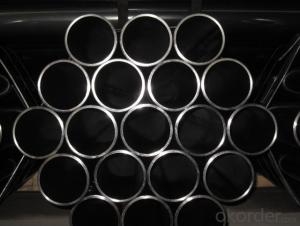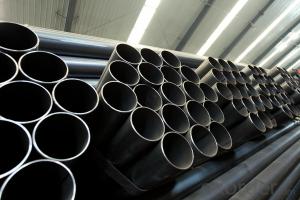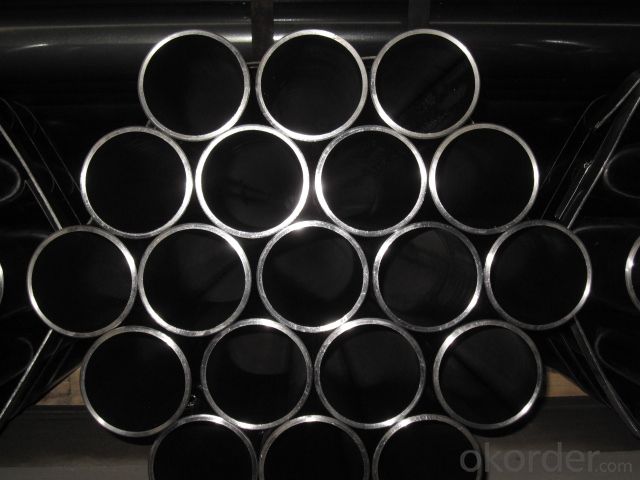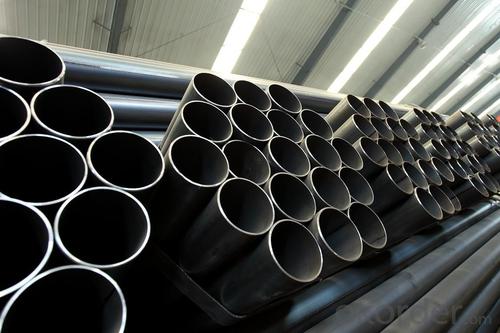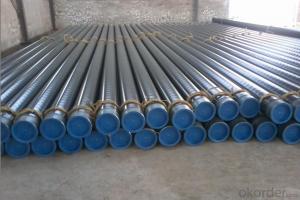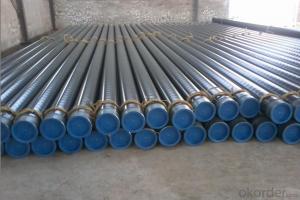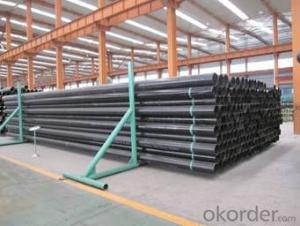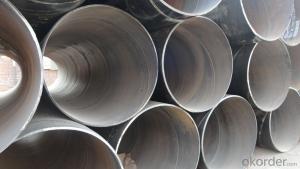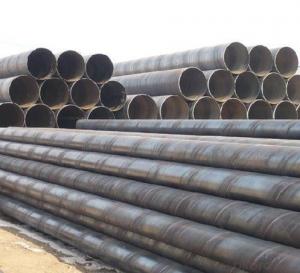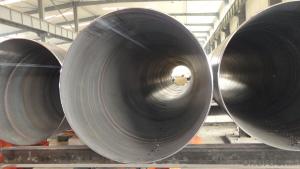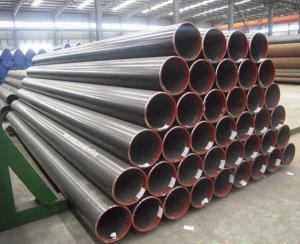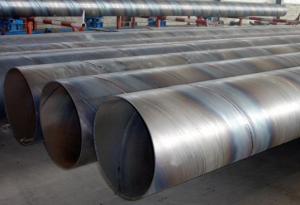ERW drive shaft tubes hot rolled steel pipes
- Loading Port:
- China Main Port
- Payment Terms:
- TT OR LC
- Min Order Qty:
- -
- Supply Capability:
- -
OKorder Service Pledge
OKorder Financial Service
You Might Also Like
Specifications
1.Hot Rolled/Expanded Seamless Steel Pipe
2.Standard:GB/T 8162 ASTM A519 EN 10297-1 JIS G3445
3.Marterial:10 20 35 45 16Mn
Products descriptions
1.Name:Seamless steel pipe for automotive
2.Standard:GB/T 8162 ASTM A519 EN 10297-1 JIS G3445
3.Marterial:10 20 35 45 16Mn 1020 1045 1541 E275 E315 34CrMo4 42CrMo4
Scope: Covers several grades of carbon and alloy steel seamless mechanical tubing. This specification covers both seamless cold-drawing mechanical tubing and seamless cold-rolling mechanical tubing.
Size Range: Covers tubes in size up to 80mm outside diameter for round tubes with wall thicknesses 1mm-14mm
Shape: The tubes shall be furnished in the following shapes, as specified by the purchaser: round, square,rectangular,hexagonal and special sections.
Marking: as per customer's requirement,your drawing or sample are welcomed.
Dimensions, Mechanical properties, Chemical compositions:
Refer to relative standard as per clients requirements
Packing :Bundles, seaworthy packing
With or without edge protector, steel hoop and seals, or as per customers' requirements
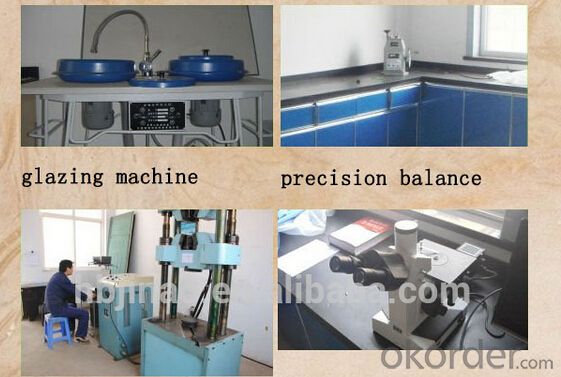
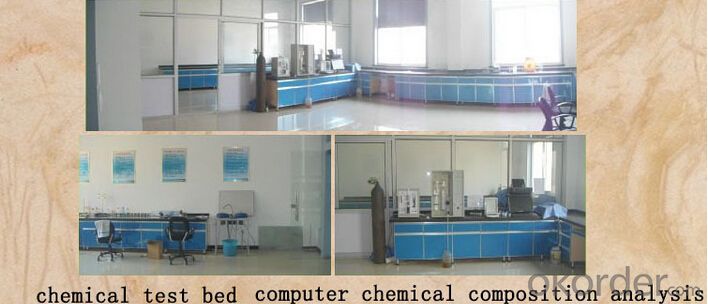
- Q: How are steel pipes used in the construction of desalination plants?
- Steel pipes are used in the construction of desalination plants for various purposes such as transporting seawater, brine, and treated water, as well as for structural support in the plant's infrastructure. These pipes are durable, corrosion-resistant, and capable of withstanding high-pressure conditions, making them ideal for the harsh and corrosive environment of desalination plants.
- Q: How are steel pipes coated for insulation purposes?
- Steel pipes are commonly coated for insulation purposes through a process called external coating. This involves applying a layer of insulating material, such as polyethylene or epoxy, onto the surface of the steel pipe. The coating is carefully applied to ensure a uniform and continuous layer, which helps to prevent heat transfer and protect the pipe from corrosion.
- Q: How are steel pipes used in the manufacturing of aerospace components?
- Steel pipes are used in the manufacturing of aerospace components for various purposes such as supporting structures, fuel systems, hydraulic and pneumatic systems, and exhaust systems. They provide strength, durability, and resistance to extreme temperatures and pressure, making them suitable for critical applications in the aerospace industry.
- Q: Can steel pipes be used for pharmaceutical manufacturing plants?
- Yes, steel pipes can be used for pharmaceutical manufacturing plants. Steel pipes are commonly used in pharmaceutical manufacturing plants due to their durability, resistance to corrosion, and ability to withstand high pressure and temperature conditions. Additionally, steel pipes can be easily cleaned and sanitized to meet strict hygiene standards required in pharmaceutical production.
- Q: How are steel pipes used in the electronics industry?
- Steel pipes are commonly used in the electronics industry for various purposes such as cable management, structural support, and heat dissipation. They are often used to protect and organize cables and wires, ensuring efficient and organized routing of electrical connections. Steel pipes also provide structural support for electronic equipment, serving as a framework for mounting components and ensuring stability. Additionally, steel pipes are used for heat dissipation, allowing for the efficient cooling of electronic devices, which is crucial for maintaining optimal performance and preventing overheating.
- Q: What is the outer diameter and wall thickness of DN40 steel pipe?
- DN40 pipe diameter 48.3mm diameter, allowable deviation of plus or minus 0.5mm it depends on what you have, the outside diameter of 45, there are other dimensions, you can see the manual
- Q: Can steel pipes be used for underground fire protection systems?
- Yes, steel pipes can be used for underground fire protection systems. Steel pipes are commonly used in these systems due to their durability, strength, and resistance to fire. They can effectively withstand high temperatures and provide reliable and long-lasting protection against fire hazards in underground environments.
- Q: How are steel pipes used in the manufacturing of solar power systems?
- Steel pipes are commonly used in the manufacturing of solar power systems for various purposes. They are used to support and secure solar panels, providing a sturdy framework for installation. Steel pipes are also used for the transportation of fluids, such as water or heat transfer fluids, within the solar power system. Additionally, steel pipes are utilized in the construction of solar power plant infrastructure, including the installation of mounting structures and foundations. Overall, steel pipes play a crucial role in the manufacturing and functioning of solar power systems.
- Q: How do you measure the thickness of a steel pipe?
- Different methods can be used to measure the thickness of a steel pipe, depending on the required precision and available tools. Here, we present three commonly used approaches: 1. Calipers or Vernier Calipers: These are widely used and straightforward tools for measuring thickness. Place the jaws of the calipers on both sides of the pipe, ensuring they are perpendicular to the surface. Gently close the jaws until they touch the pipe, and then read the measurement on the caliper scale. 2. Ultrasonic Thickness Gauge: This method provides more accurate results and is commonly employed in industrial settings. An ultrasonic thickness gauge emits high-frequency sound waves that penetrate the steel pipe. By measuring the time it takes for the sound waves to bounce back, the gauge calculates the pipe's thickness. Before taking the measurement, ensure that the pipe surface is clean and smooth. 3. Magnetic Thickness Gauge: This method is specifically designed for measuring the thickness of ferrous materials like steel. The gauge incorporates a small magnet that adheres to the pipe surface. By applying a magnetic field, the gauge determines the distance between the magnet and the base plate. This distance corresponds to the thickness of the steel pipe. It is important to consider that each method has its own limitations in terms of accuracy. The choice of measurement technique should be based on the desired precision, availability of tools, and the specific requirements of the application.
- Q: How are steel pipes used in the manufacturing of pulp and paper mills?
- Steel pipes are commonly used in the manufacturing of pulp and paper mills for various purposes. They are primarily utilized for transporting water, chemicals, and steam throughout the mill's processes. Steel pipes are also employed for structural support, such as in the construction of storage tanks, conveyors, and equipment frames. Additionally, they are used for providing compressed air, ensuring efficient operation of machinery and processes. Overall, steel pipes play a crucial role in facilitating the smooth functioning and efficient production of pulp and paper mills.
Send your message to us
ERW drive shaft tubes hot rolled steel pipes
- Loading Port:
- China Main Port
- Payment Terms:
- TT OR LC
- Min Order Qty:
- -
- Supply Capability:
- -
OKorder Service Pledge
OKorder Financial Service
Similar products
Hot products
Hot Searches
Related keywords
